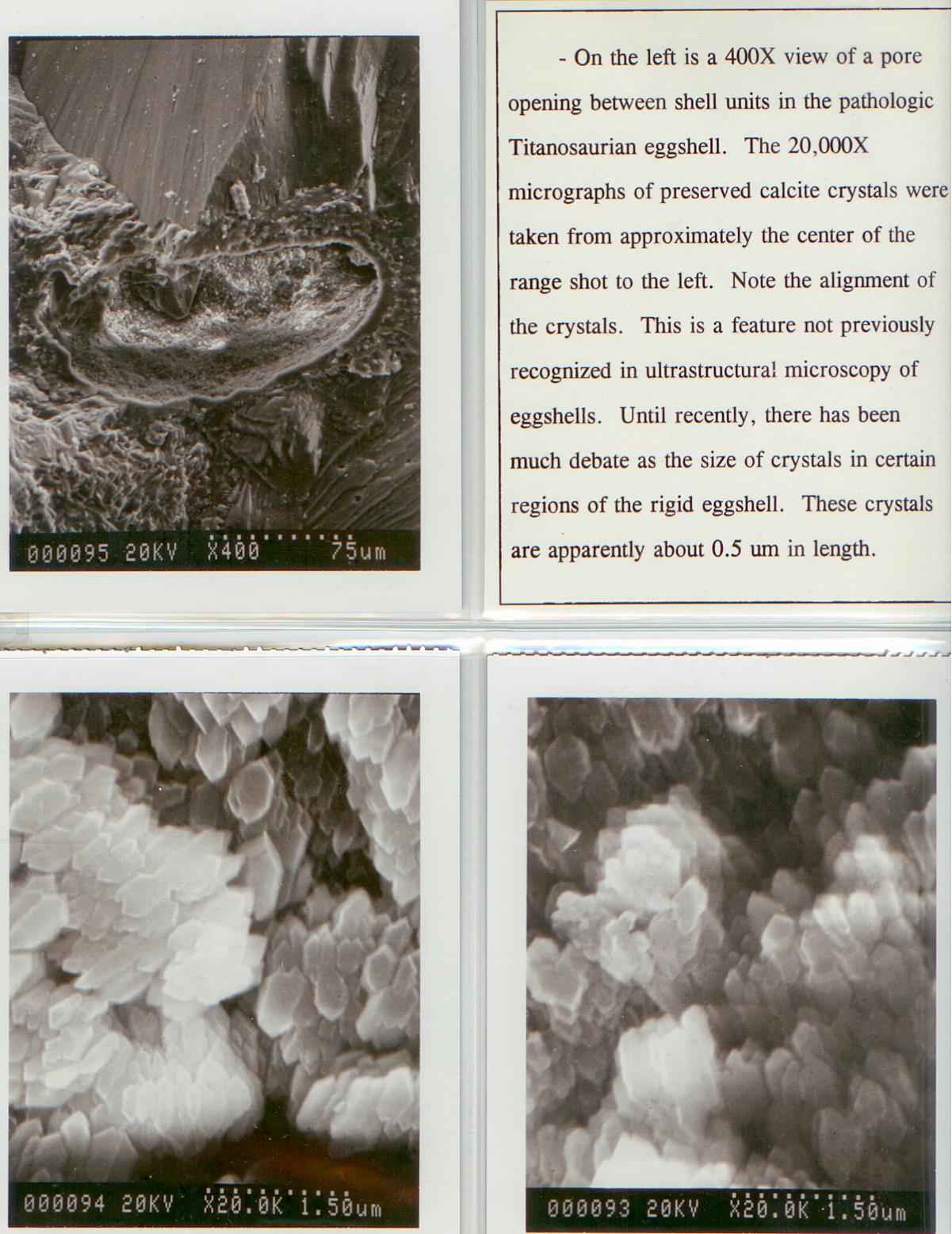Let’s go back to what I consider to be the most important part of creating a great science fair project, and what might be the really hard part of doing a science fair project – choosing a topic. Most students dread the thought of doing a science fair project, so I really can’t emphasize enough the importance to parents of helping a child find a science fair topic that they are interested in.
Let’s look at things from your child’s perspective. Unless your child likes to fertilize the lawn, a project comparing the effects of different fertilizers on sections of your lawn will be boring, uninteresting (may make your lawn look funny) and will not spur them on to enjoying the science fair experience. How about a project which compares the growth of plants when you play different types of music to them? This might be a fun experiment for your child, especially when he or she will have to play rap music every day for several weeks… loud enough to hurt your ears; but it’s been done at least a thousand times. And, unless your child is a musical prodigy and will be able to answer the judge’s questions about specific differences that may have affected the results between the various genres of music, then this might not be the best topic to choose.
Helping your child choose a science fair project topic that he or she is interested in is important, not only for them to develop an interest in doing the project and to learn from it, but it also might be an opportunity for you to learn something about your child you may not have known before. If you have a child in elementary school, you might want to have them gather their favorite story books and sit down together to see if there are any commonalities between the themes or subjects in the book, and choose a science fair topic based on some of those subjects.
With a middle school or high school child, ask questions about their interests, favorite subjects in school, or what things they’d really like to know more about like “How does a bridge stay up and not collapse under the weight of all those cars?”. Brainstorm possible project s with them. Unless you’re an expert in one of those areas, encourage your child to call or write someone who is an expert on the subject, to give them some ideas about how to narrow the idea down to an experiment.
No subject area should be considered absurd. My son’s passion for all-things-dinosaurs as a 6 year-old led to a week-long Paleontology camp in Montana when he was 12. After some encouragement and advice about doing a science fair project on dinosaur eggshells from the scientists he met at the camp as well as from staff at the local science museum where he took a summer workshops on how a Scanning Electron Microscope works, he then set out to research the subject at our local university library. With funding from his high school physics teacher for stamps, he then wrote letters to curators of museums and zoos all around the world describing what he wanted to do with his project, and asked for samples of fossilized and non-fossilized eggshells.
We were all quite astounded when he started receiving packages with pieces of eggshells, and in one case – an entire emu and ostrich egg! With eggshells in hand, and a more refined idea about his project, calls to local science equipment companies and college professors allowed him access to some incredible equipment. This eventually turned into four years of high school science fair projects comparing fossilized eggshells with those of modern day birds (he was hoping to find a missing link between dinosaurs and birds).
Some of the more interesting & fun science fair projects takes time to develop (most of my son’s eggshell samples didn’t arrive for about 2-3 months after he first sent out his letters), so it’s never too early to start the process of coming up with a topic, to figure out the best way to approach the subject or, to make contacts with experts (or in my son’s case, egg-sperts) to get the guidance to make it a fun and valuable learning experience.

